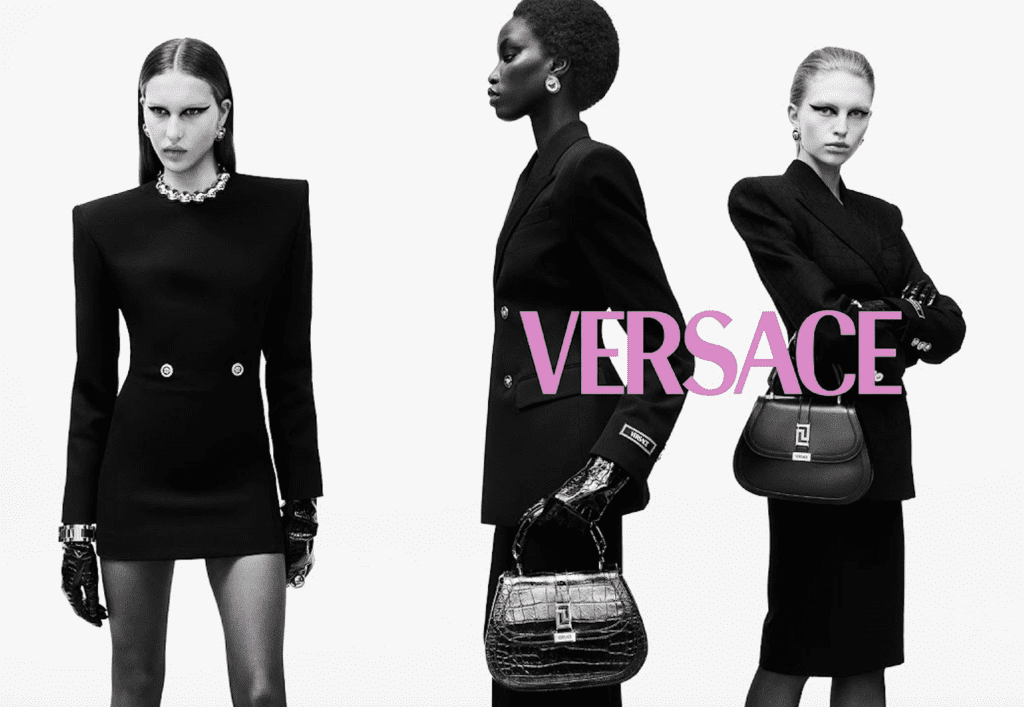Gucci-owner Kering reportedly approached Cartier-parent Richemont early this year with a merger proposal, but Paris-based Kering reportedly failed to tempt its Swiss counterpart. According to Reuters, its former European luxury goods correspondent Astrid Wendlandt reported on her site on Sunday that Richemont chairman and controlling shareholder Johann Rupert was approached by French luxury goods group Kering’s chairman and CEO François-Henri Pinault in connection with a potential merger in January. However, Rupert rejected the informal, “cash and shares” offer, and “did not submit [it]” to the Swiss conglomerate’s board.
“Rumors about a possible tie-up between Richemont and Kering have been circulating for years,” according to Reuters, “but have gathered steam in recent months after LVMH’s takeover of U.S. jeweler Tiffany put pressure on rivals to scale up.” Such mounting speculation – paired with slowing sales at Kering’s marquee brand Gucci – prompted Pinault to briefly address the topic during a Q4 conference call in February, stating that Kering’s “financial situation is very strong” and it is “looking closely at any opportunities that make sense,” Specifically asked about “recurring rumors” that Kering could join with Richemont, Pinault said that Richemont “is a group that we know well, it is one of our partners that gave us a license for their eyewear so we are in regular contact. But it is a group that is controlled by a family, as is Kering, and there is nothing else on this matter.”
At the same time, Kering asserted that 2021 be a “year of investments.” Bernstein analyst Luca Sulca suggested that these “will be focused mainly on digital and will be deployed on a variety of fronts: 3D, virtual showrooms, social media, CRM programs relying on AI, immersive experiences, as well as e-commerce internalization and a full shift towards e-concessions,” but could also extend to M&A, as a larger trend of M&A transactions follows from the onset of the COVID-19 pandemic.
In a note on Monday, UBS said in a note “that a deal between Kering and Richemont would make sense from a strategic point of view and create a luxury powerhouse capable of challenging LVMH’s dominance in the market,” as reported by Reuters. “Combining the two mega brands of the soft and hard luxury industry, Gucci and Cartier, could address the perceived higher fashion risk of Kering and the perception of mismanagement of Richemont’s smaller brands in its portfolio.”
Meanwhile, Bernstein upgraded Richemont’s stock to outperform on Monday, albeit without mentioning the alleged Kering proposal, and instead, citing the potential benefit to come from “the classic time lag of the wholesale channel rebound in watches” and from “a high jewelry revival.” In his note on Monday, which predicts a broader “probability of continuing positive surprises in the next 12-24 months,” Solca walked back on “our recent too eager downgrade of [Richemont],” and has “corrected” it.
In terms of Kering, the Bernstein analyst says that it “is potentially materially better [that the likes of Burberry and Swatch] in terms of underlying quality, [but] questions concentrate on Gucci’s momentum beyond the centenary opportunity.” Meanwhile, “the jury is out on Burberry’s continuing momentum – we see both opportunity and risk.” Elsewhere in the market, Solca states that Prada – which reported 2.42 billion euros ($2.9 billion) in revenue for 2020 (down by 24 percent on a year-over-year basis, but just 8 percent for the second half of the year) – “has done very well” and seems to be “on a recovery path.”
As for larger market trends, Bernstein asserts that “consumers will be eager to get back out, including to physical stores; brands may temper the growth of their inventory commitments, as their grey market exposure is reduced; and the tech sector (which Farfetch seems more geared to, than luxury itself) may suffer further adverse rotation.”











